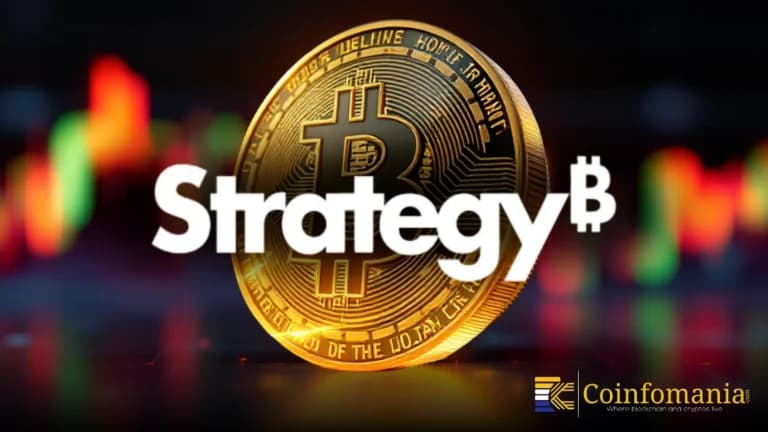Hyperliquid CEO Jeff Yan Defends Transparent Market and Trading Models as a Controversial but Necessary Innovation for Market Structure
Dive into Hyperliquid Network CEO Jeff Yan's explanation on how transparency and open competition enhance execution in crypto markets.

Quick Take
Summary is AI generated, newsroom reviewed.
Hyperliquid CEO defended transparent crypto markets, arguing they improve execution and liquidity for traders, including whales.
He challenged the idea that privacy guarantees better execution, emphasizing that openness can support strategic trading.
Critics worry transparency harms whales, but Yan claims open markets create more competition and reduce insider advantages.
In a June 3 X post, Jeff Yan, CEO of Hyperliquid Network, addressed criticism about transparent markets. He responded to feedback following his May 31 post explaining his transparency thesis. He noted that transparent crypto markets may improve execution and liquidity for major participants. He believes that, Hyperliquid’s model is among the first venues to use a fully visible order book. He also admitted that the system is not yet fully efficient but has potential benefits. Yan welcomed further discussion, noting that misunderstanding often causes skepticism.
How Open Markets Foster Trust and Strategic Adaptation
The CEO challenged the idea that privacy leads to better trading execution. He argued that many perks of privacy come from selecting counterparties. Hyperliquid’s model applies this screening while keeping order information public. He said that removing hidden deals helps prevent insider advantages. He also stressed the role of competition in enhancing execution quality for all traders. According to him, repeated trading interactions build trust and allow strategies to adapt over time. Thus, he believes open systems can match or exceed tradfi venues.
Critics worried that visible order data would expose whales to front-running. They feared information on positions aids liquidation hunting by opportunistic traders. Some traders claimed that public order books worsen execution for large trades. They pointed to dark pools and OTC desks as better ways to hide big orders. Critics argued that these private venues reduce market impact and protect large participants. They said transparent systems might erode price quality for big trades. According to this view, open order books benefit small players but harm whales.
How Open Systems Foster Fair Execution and Lower Slippage
Hyperliquid CEO also compared the platform to public ETF rebalances in traditional finance. He argued that visible rebalancing does not prevent efficient execution or fair pricing. He explained that market makers can offer liquidity when big orders appear onbook. According to him, multiple firms compete to fill those orders, which improves price quality. He claimed that transparent crypto markets allow fair competition and lower slippage. He noted that such a market model fosters this competitive environment. He also said that whales receive better execution compared to private venues.
The exchange’s CEO compared private venues like dark pools to more open systems. He said dark pools rely on limited counterparties and create exclusive access. In contrast, the Hyperliquid Network distributes order data across many market makers. This design mimics a public OTC market by allowing any firm to compete for flow. He argued that this openness democratizes access and avoids invitation-only trading desks. According to Yan, traders get better pricing when many firms bid on orders. He suggested that transparency and competition are key to fair execution.
Equal Access to Liquidation Data May Reduce Market Exploitation
Critics also feared public liquidation data would invite predatory trading. Yan disagreed and said equal access significantly reduces this risk. He explained that insiders on centralized exchanges already exploit liquidation information. On the Hyperliquid Network, everyone sees the same data, which balances the playing field. He described how anti-hunters counteract those trying to manipulate prices. Yan believed this dynamic leads to more stable and equitable markets. He noted that broad data access discourages predatory strategies and supports fair trading. He offered data showing fewer attacks after applying these principles to the market.
Efficiency as an Important Goal for the Evolving System
Yan acknowledged that some high-frequency firms gain short-term advantages through latency. He said most traders fall outside this small group and benefit from visibility. The system design uses features like cancel prioritization to curb toxic trading. He argued that this approach lowers information asymmetry and promotes equal access. In his statement, he also mentioned that the system is still evolving, and full efficiency remains a future goal. He urged traders to engage with the platform and help refine its structure. Ultimately, he sees open markets as a way to foster fairer trading ecosystems.
Follow us on Google News
Get the latest crypto insights and updates.


